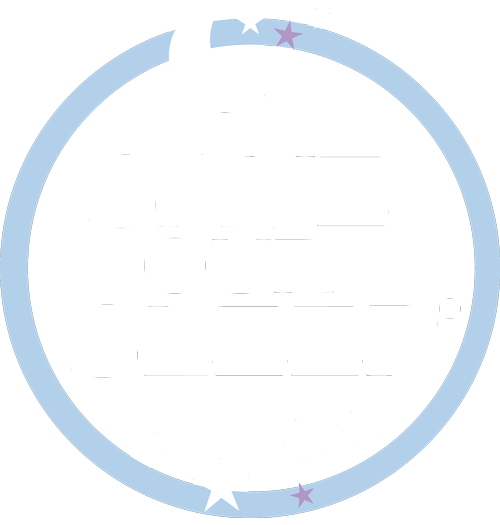Have you wondered how you are going to encourage your children to be healthy eaters? The keys to bringing up a baby, toddler and child who enjoys a balanced diet are as follows below…
• Routine: Time and time again I have observed that babies and toddlers who are in a good routine, with regular mealtimes at the same time each day, are happier eaters than children not on a routine. In turn, a healthy diet covering all the food groups means these babies and toddlers are fully satisfied when they go to bed and therefore settle well with no early-rising or night-waking.
• No distractions or games: Children need to eat their meals sitting at the family dinner table from the time they are weaned to solids. There should be no distractions such as toys, TV, iPads or phones – that includes both children, Mummy and Daddy. And avoid using games such as ‘Here comes the plane’ to encourage your child to eat. If you find any of these apply to your household then you need to revisit the boundaries around your little one’s eating habits.
• Healthy parents: Like many behaviours, children learn about eating from their parents. If your baby or toddler sees you sitting down to eat three healthy meals a day, this will go a long way towards establishing her own healthy eating. On the other hand, if you live on snacks or coffee or eat on the run then it’s less likely your child will embrace sitting down to eat a healthy meal as a normal thing to do each day. Ideally, the entire family should sit together for breakfast, lunch and dinner. While this is not always possible during the week, you should make it a priority to enjoy all meals together as a family on weekends. While your baby will eat her lunch or dinner earlier than you, it’s still important she sits with you at the table. As explained on page 169, a key to following my advice is to give your baby bits of food from your meal to encourage her to enjoy a wide variety of tastes and textures. Using this approach she will learn to associate mealtimes as an enjoyable experience of sitting at the table as a family.
Food plays a very important role in sleep for a baby, toddler and child. I often see babies, toddlers and children who will not settle to bed at night or who rise at the crack of dawn, and once we change their diet to include all the food groups these sleep issues disappear.
Tips:
- Babies and toddlers often lose interest in food when they are teething. Please don’t try to force your child to eat. She will make up for her lost appetite once the gum irritation settles. As hot foods can irritate teething gums, try offering cool or cold foods while your baby is teething.
- Don’t be concerned if your baby or toddler eats more or less than other children you know. Like adults, children have varying appetite levels.
- Cut out all snacks after 3 pm if your toddler starts refusing her dinner.
- Television and mealtimes don’t mix. If every meal is eaten in front of the television it will get to the point where your child can’t eat dinner unless the TV is on or can’t watch TV without food. This will encourage her to eat even when she is not hungry, which can lead to problems in later life such as weight gain and binge-eating.
Read more on healthy eating on page 20 of SAVE OUR SLEEP FEEDING




